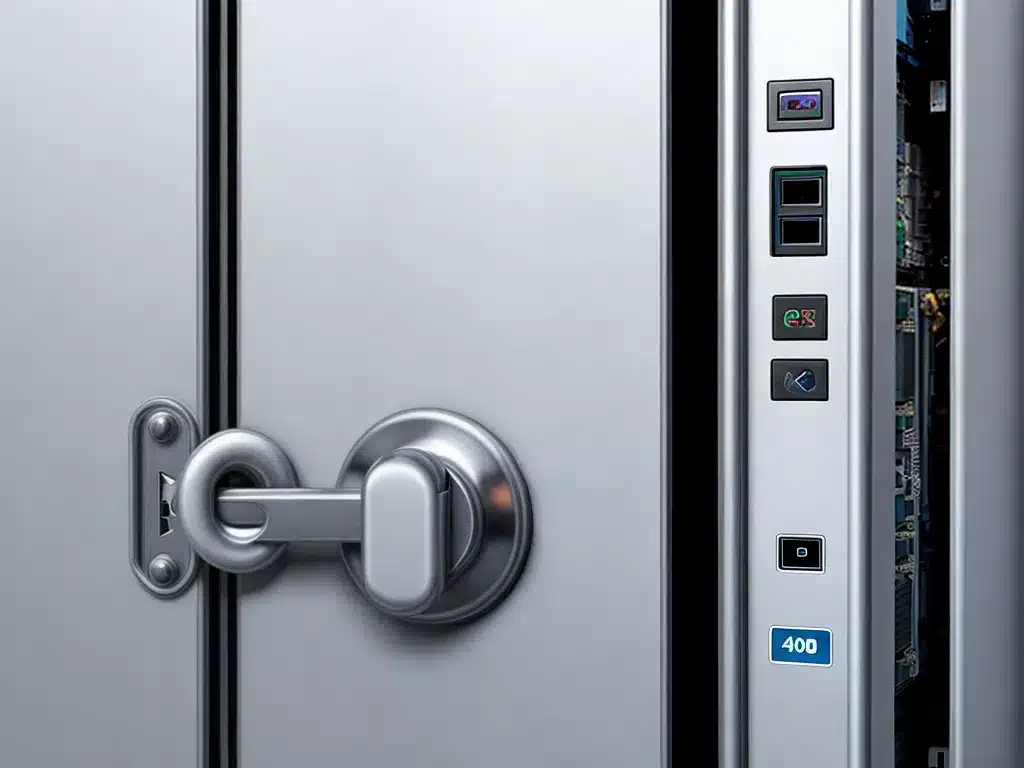
Computer freezing and lock ups can be incredibly frustrating. As your PC suddenly stops responding to your inputs, you’re left feeling powerless. However, with some troubleshooting techniques, you can often identify the culprit and get your computer running smoothly again. Here’s my guide to solving PC freezing and lock ups:
Diagnosing the Cause
The first step is to figure out why your computer is freezing. There are several potential culprits:
Software Issues
Software problems like buggy drivers, malware infections, too many background apps, or OS corruption can cause freezes and lock ups. Troubleshoot by:
- Running antivirus/malware scans
- Updating drivers
- Ending unneeded background processes
- Doing a clean boot
Hardware Problems
Faulty or failing hardware like the CPU, RAM, hard drive, or motherboard can also cause computer freezes. Troubleshoot by:
- Monitoring CPU/RAM usage for spikes during freezes
- Running hardware diagnostics like memtest86 for RAM
- Checking temps to ensure no overheating
- Testing hardware in another computer if possible
Power Delivery Issues
Inadequate power delivery either from a failing PSU or loose cables can cause lock ups when components don’t get consistent power. Troubleshoot by:
- Reseating cables, especially the 24-pin motherboard cable
- Testing with another PSU if available
- Trying a different outlet
Environmental Factors
Things like overheating, dust buildup, electrical faults, and interference from other devices can also contribute to PC freezing. Troubleshoot by:
- Cleaning dust from heat sinks and fans
- Ensuring proper ventilation around the PC
- Moving devices away that could cause interference
Fixing Software Causes
If you suspect a software issue, there are a few steps you can take to isolate and fix the problem:
Update Drivers and Windows
Outdated drivers and OS bugs are common causes of freezes and crashes. Update graphics drivers, chipset drivers, and Windows to eliminate any known bugs.
Scan for Malware
Run comprehensive antivirus and malware scans. Infections can overload resources and cause system instability. Use scans from multiple engines like Malwarebytes alongside your main antivirus.
Audit Background Apps
Too many background apps can strain resources leading to freezes, especially on older systems. Audit startup items and tray apps with Task Manager and trim any unnecessary processes.
Do a Clean Boot
Booting into a “Clean Boot” state disables non-essential processes and startup items. If system is stable in Clean Boot, an app or service is likely the culprit.
Repair/Refresh Windows
For persistent software-related freezing, a Windows repair or refresh can fix corrupt OS files and refresh drivers. Back up data first, then try System Restore or Reset in Settings.
Fixing Hardware Issues
If you think the freezing stems from a hardware fault, take these steps:
Check Temperatures
Overheating can cause freezing, BSODs, and shut downs. Download software like Speccy to monitor temps when system is under load. Ensure fans spin properly and heat sinks are free of dust.
Test RAM
Unstable RAM can cause a wide array of unstable system behavior. Run memtest86 to check for errors. Try removing and alternating sticks to isolate faulty modules.
Update BIOS
An outdated BIOS can have compatibility issues with hardware leading to conflicts. Check manufacturer website for the latest BIOS update for your motherboard and install.
Replace Failing Hardware
If diagnostics point to a particular component failing, you may need to replace it. Typical culprits are the PSU, HDD, CPU, motherboard or RAM.
Preventing Future Freezes
Once you’ve resolved the immediate cause, take these steps to help prevent future freezing issues:
- Keep Windows and drivers updated
- Use quality surge protectors
- Maintain proper airflow
- Regularly clean dust from PC
- Replace aging hardware
- Install monitoring software like HWMonitor
Staying proactive on maintenance and keeping hardware and software updated is key to maintaining a stable, freeze-free system. But should lock ups strike again, use the troubleshooting tips outlined to isolate the cause and get your PC running smooth once more.












